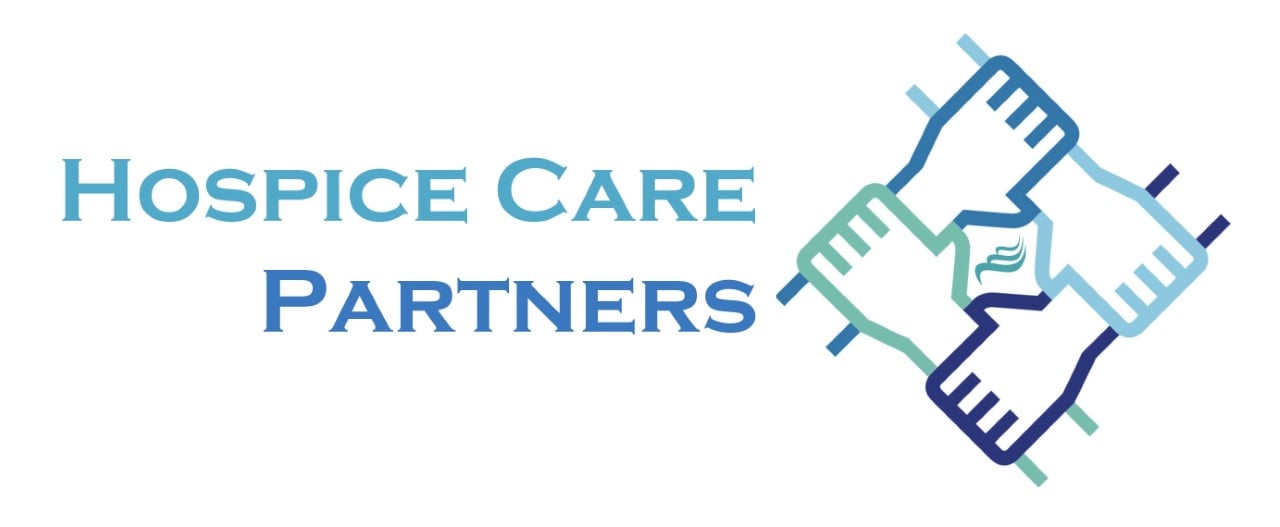For many families, the idea of hospice can be daunting and even terrifying. Hospice care is often associated with end-of-life care, and the thought of a loved one receiving hospice can be emotionally overwhelming. However, many of the fears and misconceptions surrounding hospice care are based on a lack of understanding of what hospice is and what it entails. In this article, we'll explore some of the reasons why families fear hospice and address some of the most common misconceptions about this type of care.
Reasons Families Are Scared of Hospice
Fear of the Unknown: When families are faced with the prospect of hospice care, they often have many questions and concerns. The unknown can be scary, and the lack of information about hospice can leave families feeling uncertain and uneasy.
End-of-Life Connotations: Hospice is often associated with end-of-life care, and this can be difficult for families to come to terms with. The idea of their loved one receiving end-of-life care can be overwhelming and emotional.
Loss of Control: Many families worry that hospice care means losing control over their loved one's care. They may worry that they won't be able to make decisions about their loved one's treatment or that their loved one won't receive the care they need.
Cost Concerns: Families may worry about the financial impact of hospice care. They may worry that they won't be able to afford the care that their loved one needs. Hospice is covered by Medicaid and Medicare.
Hospice Misconceptions
Hospice Means Giving Up: One of the biggest misconceptions about hospice care is that it means giving up. Many people believe that hospice is only for those who have given up on life or who have no hope for recovery. However, this couldn't be further from the truth. Hospice care is designed to provide comfort and support to those who are living with a life-limiting illness. It's about living life to the fullest and making the most of the time that's left.
Hospice is Only for the Last Days of Life: Another common misconception about hospice care is that it's only for the last days of life. While hospice care is often associated with end-of-life care, it can be provided for much longer than just a few days. Hospice care can be provided for weeks, months, and even years, depending on the needs of the patient.
Hospice Care is Only for Cancer Patients: While hospice care is often associated with cancer patients, it's not limited to this group. Hospice care can be provided to patients with a wide range of life-limiting illnesses, including heart disease, lung disease, and Alzheimer's disease, among others.
Hospice Care Means No More Treatment: Another misconception about hospice care is that it means no more treatment. While hospice care focuses on providing comfort rather than a cure, patients can still receive treatment for their symptoms and pain. Hospice care is about focusing on the patient's quality of life and providing the support they need.
Conclusion
Hospice care is an essential component of end-of-life care, providing patients with comfort, support, and dignity during their final days. However, many families fear hospice care due to misconceptions and fear of the unknown. By addressing these misconceptions and providing families with the information they need, we can help them make informed decisions about hospice care and provide their loved ones with the support they need during this difficult time.
By Andrea Cadena
Hospice Community Liaison

.png)


